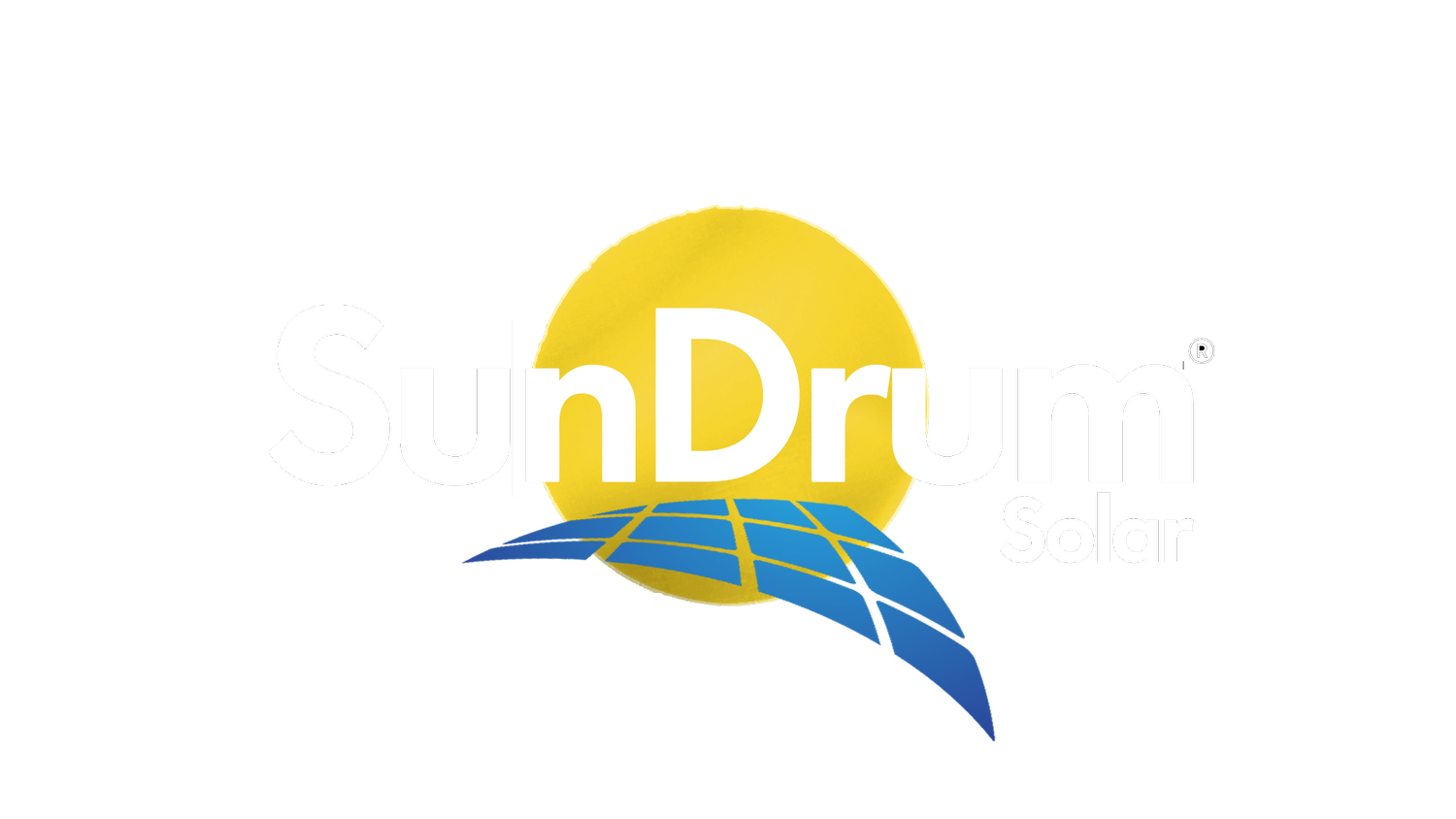Hybrid Solar Solutions for Dairy Farms: Maximizing Anaerobic Digester Efficiency and Return on Investment
Introduction
Dairy farming is an essential industry that faces numerous challenges, including rising operational costs and environmental concerns. Anaerobic digestion has emerged as a promising solution for dairy farmers to manage animal and plant waste effectively. However, one of the main obstacles to optimizing anaerobic digester production is the availability of continuous and reliable heat. This is where hybrid solar solutions come into play, offering a cost-effective and sustainable way to provide the necessary heat for digester operations. In this article, we will explore the benefits of hybrid solar systems, their impact on greenhouse gas emissions, and their potential for improving the return on investment (ROI) for dairy farms.
The Benefits of Hybrid Solar Solutions for Dairy Farms
Diversification of Income Streams
Implementing a hybrid solar system on a dairy farm presents an opportunity for farmers to diversify their income streams. In addition to the production of renewable natural gas (RNG) through anaerobic digestion, the surplus solar energy generated can be sold back to the grid, providing an additional source of revenue. This diversification reduces the farm's dependence on volatile milk prices and enhances overall financial stability.
Reduction of Greenhouse Gas Emissions
One of the significant advantages of hybrid solar solutions is their contribution to reducing greenhouse gas emissions. By harnessing solar energy to power the heat digester, dairy farms can significantly minimize their carbon footprint. Traditional heating methods, such as natural gas or propane, emit carbon dioxide and other greenhouse gases, contributing to climate change. In contrast, solar heating systems produce zero carbon emissions during operation, making them an environmentally friendly choice.
Enhanced Return on Investment
Investing in a hybrid solar system for anaerobic digesters can lead to a substantial improvement in the return on investment for dairy farms. Traditional heating methods, such as fossil fuels or electrical heating, incur variable energy costs, which can erode digester profits. Hybrid solar solutions provide consistent and reliable heat at a lower and more stable price than conventional methods, maximizing the profitability of digester operations. Moreover, the integration of solar energy can increase the value of carbon credits, such as the Low Carbon Fuel Standard (LCFS) credits, further boosting the financial outcomes for dairy farmers.
Overcoming Operational Challenges with Hybrid Solar Solutions
Continuous and Reliable Heat
Anaerobic digestion tanks require continuous and reliable heat to maximize gas production. However, variable energy costs associated with traditional heating methods can disrupt operations and hinder profitability. Hybrid solar solutions, such as those offered by SunDrum Solar, address this challenge by combining photovoltaic solar, solar thermal, and heat pump technology. These integrated systems provide high-volume, high-quality, consistent, and reliable heat at a cost that maximizes the value of digester operations.
Improved Carbon Intensity and Incentives
By utilizing solar heating, hybrid systems like SunDrum Solar help reduce the carbon intensity of dairy farm operations. This reduction in carbon dioxide emissions per unit of energy produced not only contributes to the fight against climate change but also increases the value of carbon incentives, such as LCFS credits. Dairy farms can take advantage of these incentives to further enhance their financial returns and promote sustainability.
Cost Savings and Financial Incentives
Investing in hybrid solar solutions offers significant cost savings compared to traditional heating methods. SunDrum Solar, for example, provides continuous, reliable heat that maintains anaerobic digestion tanks at optimal temperatures (100°F - 102°F), increasing expected gas production by up to 50%. This not only improves profitability but also reduces lifetime expenditure on heating significantly. Furthermore, SunDrum Solar offers federal and state energy rebates to offset a substantial portion of the system's cost, making it an attractive financial proposition for dairy farms.
Case Study: Goodrich Family Farm
The Goodrich Family Farm in Vermont serves as an exemplary case study of the successful implementation of digester operations. Recognizing the need to diversify their income and improve their environmental impact, the Goodrich family embarked on a project to turn cow manure and food waste into renewable natural fuel. They partnered with Vanguard Renewables, a Massachusetts-based company specializing in anaerobic digestion, to construct and operate the digester.
The fuel generated is sold to nearby Middlebury College and Vermont Gas Systems, further enhancing the farm's revenue streams. Additionally, the digester produces valuable byproducts, including fertilizer with controlled phosphorus levels and bedding for the cows. The project not only offers financial benefits to the farm but also helps improve the local environment by diverting food waste from landfills.
A hybrid solar solution would significantly improve the return on investment, operational efficiency, and project outcomes of the Goodrich Family Farm system.
Conclusion
Hybrid solar solutions have emerged as a game-changer for dairy farms seeking to optimize anaerobic digester efficiency and improve their return on investment. By harnessing the power of the sun, these systems provide continuous and reliable heat, reducing greenhouse gas emissions and enhancing financial outcomes. The case study of the Goodrich Family Farm exemplifies the success and potential of anaerobic digestion systems in the dairy farming industry.
Investing in a hybrid solar system, such as those offered by SunDrum Solar, allows dairy farmers to maximize gas production, reduce heating costs, and take advantage of financial incentives. By doing so, dairy farms can achieve sustainable and profitable operations while contributing to a greener future. With the right technology and a commitment to innovation, the dairy industry can lead the way in adopting hybrid solar solutions and creating a more sustainable future for all.
